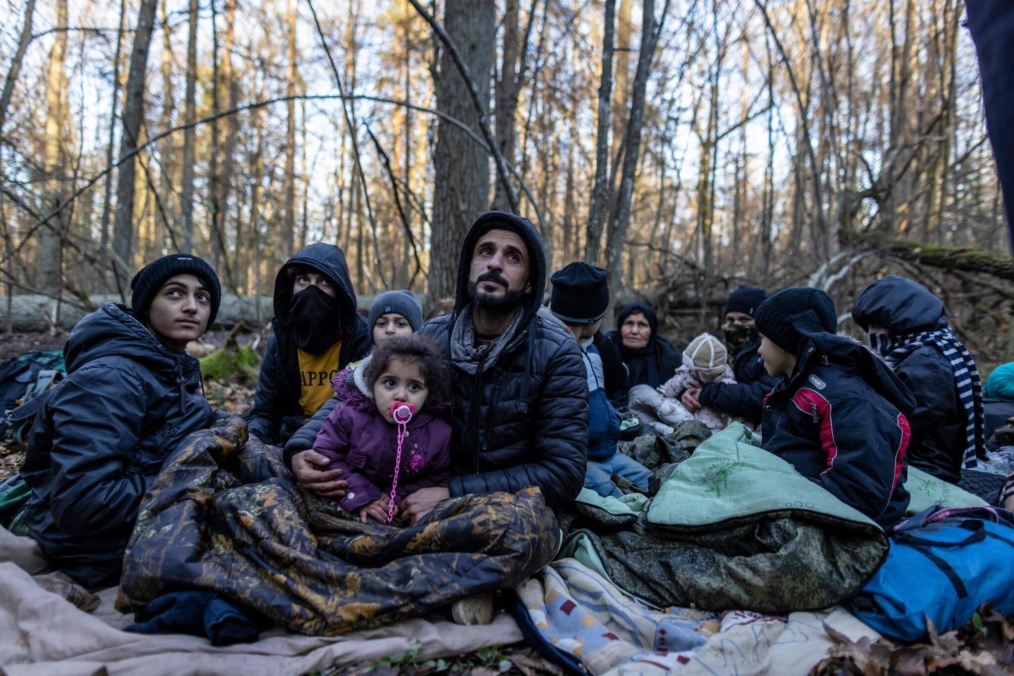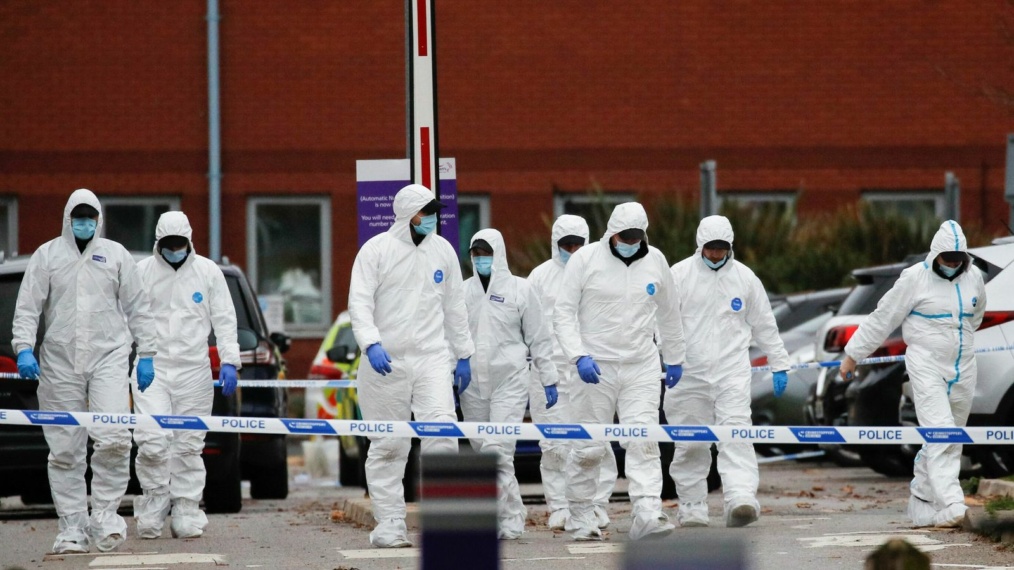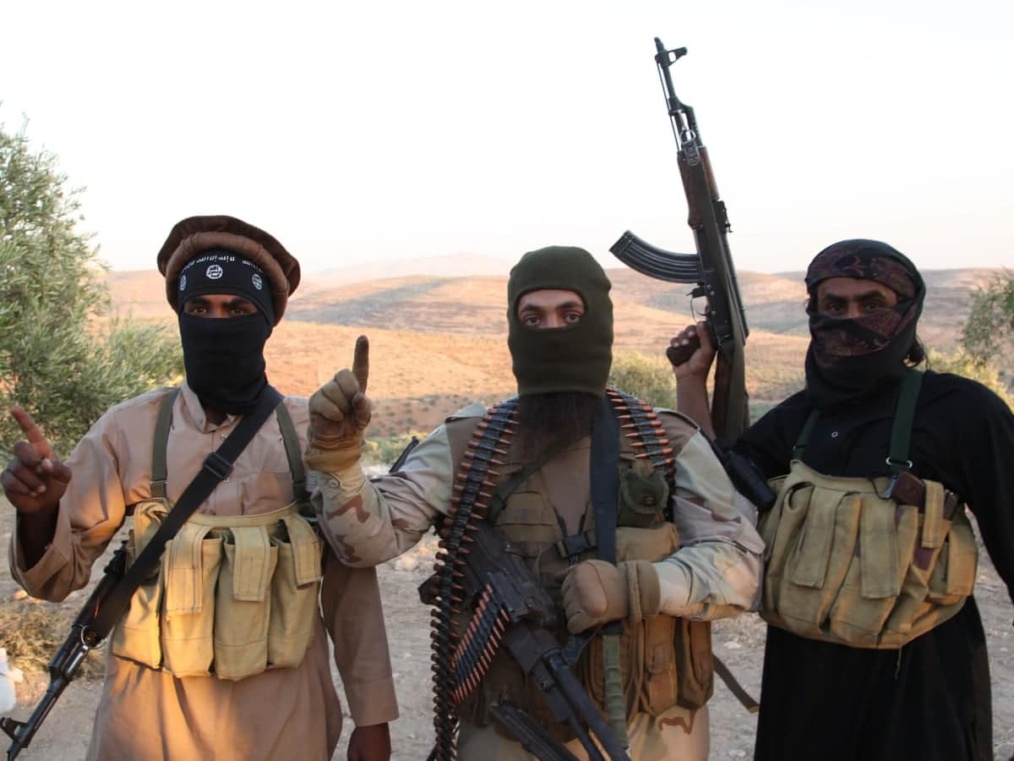With the recent happenings on the global scenes, especially in Belarus and Poland, one can fully understand the term global community. A decade after the Arab Spring that led to the breakdown of peace and order in the MENA region, creating opportunities for extremists to take advantage of, the world still feels the impact.
For Europe, the continuing effect of the conflicts in the MENA has resulted in an increased influx of refugees seeking asylum or illegal entry into the region. In 2015, the world witnessed a frightening situation involving immigrants fleeing and attempting to enter Europe through the Mediterranean Sea. Unfortunately, a tragic result ensued, thousands of people lost their lives in the process. Humanitarian concerns led and, in some cases, compelled countries in the European Union to offer asylum to these immigrants.
Refugee Crisis or Hybrid War?
Six years later, Europe seems to be facing what the world terms a refugee crisis. However, some believe that the term “refugee crisis” is inappropriate in light of the current situation.
Reports claim that immigrants, from Iraq, Afghanistan, Syria, etc., have been airlifted by the Belarus government and subsequently abandoned at the borders of neighboring countries, especially Poland. The European Union and its allies consider Belarus’ actions as nothing but a tactic in a hybrid war that seeks to undermine security and perhaps cause a provocation.
Belarus continues to deny any involvement. However, immigrants claim to have received help from the Belarusian military to illegally enter Poland in the middle of the night, thereby implicating Belarus.
Whatever the case, the undisputed fact remains that a blatant exploitation of immigrants and their situation is occurring as a result of a miserable struggle of hegemony between two blocs.
Poland, even in normal circumstances, is opposed to accepting refugees from these regions in their country. The current administration of Mateusz Morawiecki has made no reservations concerning its stand against Islamic immigrants and its commitment to preserving the Christian culture of its society.
The Future of the Crisis
In the last few days, immigrants stranded at the Polish borders have resorted to violence, prompting an even harsher response from Polish security. With support from the European Union, it is improbable that Poland will open its borders to these immigrants, who have become understandably frustrated and increasingly violent. On the other hand, Belarus continues to welcome immigrants from the Middle East.
The complexity of this crisis is apparent, and the possibility that it could spiral into something much worse is imminent if swift action is not taken.
At this point, forcing Poland to accept immigrants is unlikely to yield positive results. On the contrary, with almost zero tolerance for other religions, especially Islam, within its society, internal conflicts could arise from hate crimes and reprisals, should they decide to accept immigrants across their borders.
Increased tensions in the European Union and, of course, the international community are likely to occur. However, whether or not this provocation from Belarus and ‘hybrid war’ would spin into confrontations among countries rests in the actions of the nation’s leaders.
A Lesson for the World
If there are any lessons to be learned from this, it is that a crisis in the faraway Middle East or Africa can impact global security. Therefore, now more than ever, the international community must collaborate with conflict-torn countries to restore peace and order.
Failure to prioritize promoting peace in fragile regions will lead to further displacements and more threats to the domestic security and interests of stable regions in the world.
Joan McDappa, Counter-Terrorism Research Fellow at Rise to Peace





